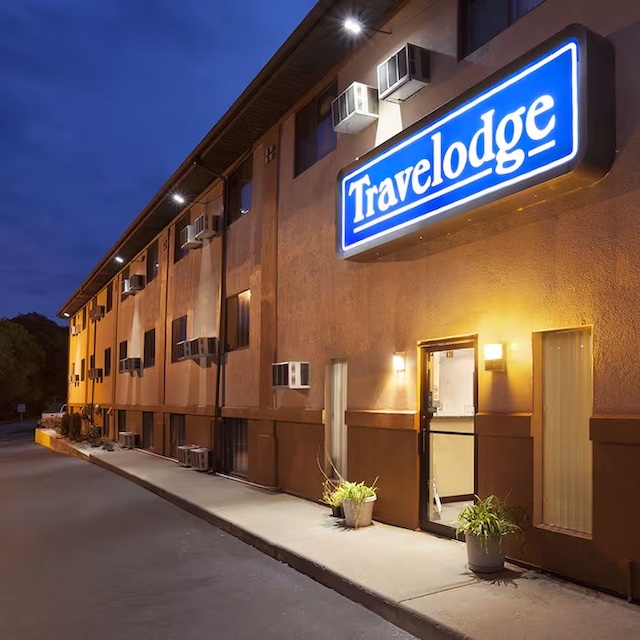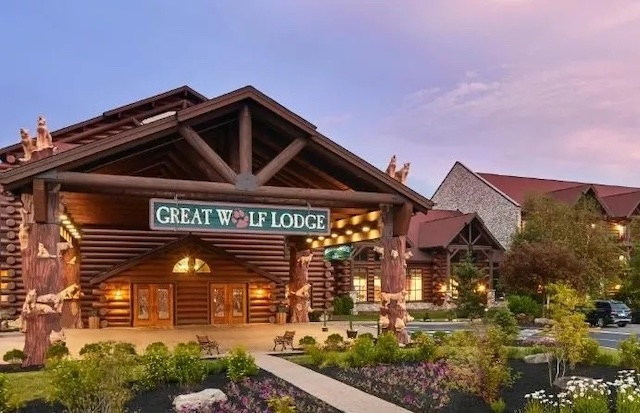What Are The 19 Rules For Pet-Friendly Hotels
Pet-friendly hotels offer accommodations for travelers with pets. These establishments welcome animals, but there are certain rules to follow. Understanding these rules ensures a smooth and enjoyable stay for both pets and their owners. Each hotel may have its own specific guidelines, so review them before booking.
1) Pet policy of pet-friendly hotels
Pet-friendly hotels usually have a pet policy that outlines the types of pets allowed. Some hotels only permit dogs, while others may welcome cats or other small animals. Each hotel may set limits on the number and size of pets. This policy is put in place to ensure the comfort and safety of all guests.
2) Weight and size restrictions
Many pet-friendly hotels enforce weight and size restrictions. These limits help ensure that pets are manageable within the hotel environment. For example, a hotel may only allow pets up to a certain weight, often around 50 pounds. Smaller pets, like cats or small dogs, may have fewer restrictions. Always check the hotel’s weight policy before making a reservation.
3) Fees and charges for pets
Most pet-friendly hotels charge an additional fee for accommodating pets. This fee helps cover extra cleaning costs and any potential damages. Hotels may charge a one-time fee or a nightly fee depending on their policies. Fees vary greatly, so it is wise to inquire in advance to understand the cost.
4) Vaccination and health requirements
Hotels often require pets to be up-to-date on their vaccinations. This helps maintain the health and safety of other guests and pets. Proof of vaccinations, such as rabies or other necessary shots, may be requested. Some hotels may also require pets to have a recent health checkup. Make sure to have your pet’s vaccination records handy.
5) Pet behaviour and control
Pet-friendly hotels require pets to be well-behaved during the stay. This includes keeping pets under control, preventing excessive noise, and ensuring they do not disturb other guests. Many hotels may ask that pets be kept on a leash or in a crate when not in the room. Pet owners should always monitor their pets to avoid problems.
6) Designated pet areas
Many pet-friendly hotels offer designated pet areas, such as dog parks or walking paths. These areas are often fenced and provide a safe space for pets to roam. Some hotels also offer waste stations with bags for cleaning up after pets. Always use these designated areas for walks and bathroom breaks to respect other hotel guests.
7) Room restrictions for pets
Not all hotel rooms are available for guests traveling with pets. Some pet-friendly hotels may limit pet access to specific floors or rooms. Typically, these rooms are located near exits for easy access to outdoor spaces. Always confirm with the hotel which rooms are designated for pets before booking to ensure convenience.
8) Pet-free zones within the hotel
Most pet-friendly hotels maintain certain pet-free areas for guests who are allergic or prefer not to be around animals. These areas often include restaurants, swimming pools, and spas. It’s important to adhere to these pet-free zones to avoid inconvenience for other guests. Hotels generally set these boundaries to accommodate all visitors.
9) Pet check-in and check-out policies
When checking in with a pet, some hotels require you to confirm your pet’s presence. This allows staff to prepare your room and provide any necessary amenities. Similarly, pet-friendly hotels may have specific check-out policies, such as early check-in or late check-out options for pets. Be sure to inquire about any special procedures or time limitations related to pets.
10) Leash and crate requirements
Pet-friendly hotels commonly require pets to be on a leash or in a crate when outside their designated pet areas. This rule ensures safety for both the pets and hotel staff. For example, when walking through the lobby or hallways, your pet should be on a leash at all times. When leaving pets unattended in the room, using a crate or carrier is often encouraged.
11) Cleaning up after our Pet**
Responsible pet ownership involves cleaning up after your pet. Most pet-friendly hotels expect guests to clean up after their pets during walks and in pet-friendly areas. It is recommended to always carry waste bags and dispose of them in the provided bins. Following these rules ensures a clean and pleasant environment for other guests.
12) Hotel amenities
Pet-friendly hotels may limit pets’ access to certain hotel amenities. For instance, many hotels restrict pets from using swimming pools, spas, and fitness centers. Some hotels may even have specific hours when pets can access certain areas. Always check the hotel’s policy regarding pet use of amenities and follow the established guidelines.
13) Noise and disturbance guidelines
Pets that bark or make excessive noise can disturb other hotel guests. Pet-friendly hotels often have noise guidelines in place to prevent disturbances. If your pet tends to bark, make sure to take steps to keep it calm. Many hotels may have a “quiet hours” policy, requiring guests to keep noise levels to a minimum during certain hours.
14) Pet-sitting or dog-walking services
Some pet-friendly hotels offer pet-sitting or dog-walking services. These services allow you to explore the area while your pet remains in good hands. Some hotels partner with local pet care providers or have in-house staff for these services. Check the hotel’s website or inquire at the front desk to learn about available services during your stay.
15) Emergency contact information for pets
In the event of an emergency, pet-friendly hotels may request emergency contact information for your pet. This may include the name of a local veterinarian, animal hospital, or emergency pet care center. Keeping this information accessible will help hotel staff address any issues that may arise during your stay. Some hotels may provide emergency contact forms upon check-in.
16) Pet weight limits and exceptions
Some pet-friendly hotels impose weight restrictions, but exceptions may apply. If you have a large pet, such as a large dog, you may need to confirm in advance whether your pet can stay. Some hotels make exceptions for service animals or pets that fit specific guidelines. Always verify weight limits with the hotel to avoid complications upon arrival.
17) Damage policy
Hotels often have a pet damage policy in place to cover any potential harm caused by pets. This policy protects the hotel from costs related to cleaning or repairing pet damage to the room. Some hotels may charge a deposit upon check-in, refundable after inspection of the room. Be prepared to pay for any damages caused by your pet during your stay.
18) Amenities
Many pet-friendly hotels offer amenities that cater to pets, such as pet beds, bowls, and treats. Some even provide welcome gifts for pets to make them feel more comfortable. These amenities vary by hotel, but they enhance the pet experience. Ask about available pet services and amenities during your reservation process to ensure your pet enjoys a comfortable stay.
19) Creating a positive experience
Respecting pet-friendly hotel rules is key to creating a positive experience for all guests. Following guidelines such as cleaning up after pets, keeping them under control, and adhering to hotel policies ensures harmony. When everyone respects the rules, both human and animal guests can enjoy a comfortable, safe, and peaceful environment. A well-mannered pet is more likely to be welcomed at hotels in the future.
Maximising your stay
Choosing the right pet-friendly hotel involves understanding its policies. Knowing the rules will allow you to plan accordingly and enjoy your stay without any surprises. Always make sure to follow the pet guidelines, respect other guests, and keep your pet comfortable. By doing so, both you and your pet will have a pleasant and stress-free experience at the hotel.





